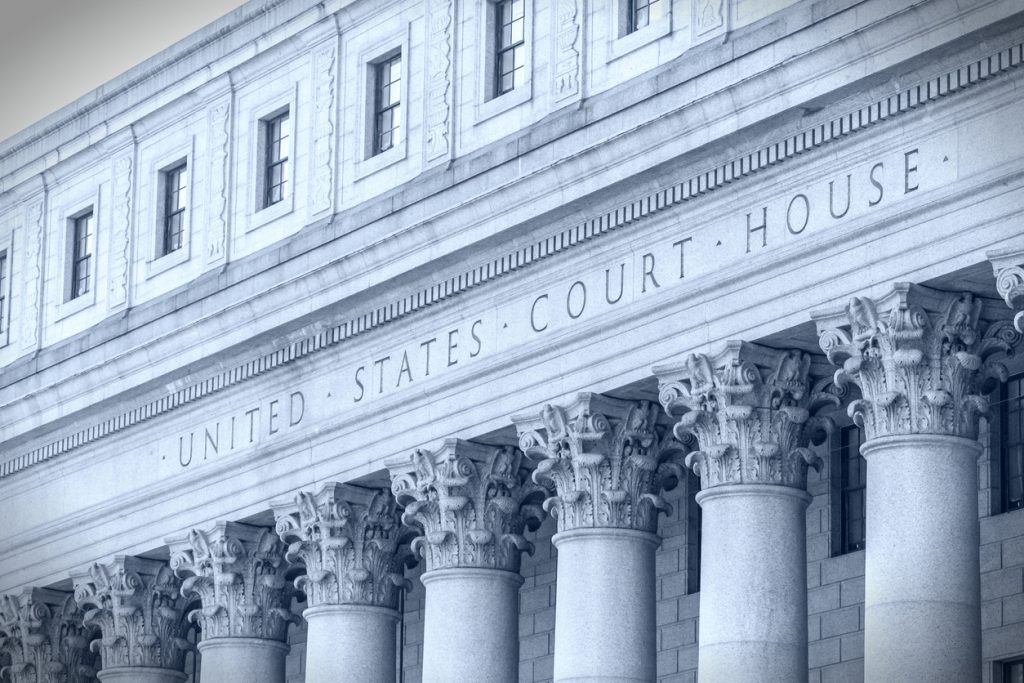For the most part, people assume that you can appeal in a criminal case after your trial and sentencing. That’s true. But it’s not that simple. In some circumstances, you can file appeals before your trial. And, if you plead guilty or no contest, your ability to appeal after sentencing is significantly limited.
When do most people file an appeal?
In most cases, you file an appeal after trial and sentencing — just like you’d expect. In federal court, for example, you must file a notice of appeal “in the district court within 14 days after” “the entry of either the judgment or the order being appealed[.]”
Similar time restrictions apply in state courts, too. For example, in Ohio, you must file a notice of appeal within 30 days after the judgment was entered in the trial court.
If you miss these deadlines, you usually lose your right to appeal. This does not mean, however, that you still can’t appeal. Instead, this means you must seek “leave.” In other words, you must ask the appeals court for permission.
Additionally, even though you must file appeals in a short period of time, appeals don’t end quickly. In many cases, people wait several months — and sometimes even years — for an appeals court to reach a decision in their case.

When can you appeal before a trial?
In addition to being able to appeal after your trial and sentence, there are some situations where you can file appeals before trial as well. If a judge denies one of your motions before trial, you may be able to challenge that specific decision instead of waiting until after trial to do so.
These early appeals, known as “interlocutory appeals,” are rarely granted. First, the appeals court will decide whether it can even consider the issue you are challenging prior to trial. In many cases, the answer will be no.
But, if the appeals court will consider the issue, it will grant your request for an interlocutory appeal and then decide the issue you raise. If the court agrees with your position, it could reverse the trial court’s decision. On the other hand, if the appeals court things the trial court got it right, it’ll send the case back to the trial court and let it continue.

When can you appeal from a plea?
Finally, you should know that, while you can always appeal from a guilty verdict, it is much harder to do so far a guilty (or no contest) plea. In most cases, your decision to plead guilty gives up your right to seek appellate review. You can still ask the appeals court to consider your case or seek to withdraw your plea. But, most of the time, a plea ends the case for good.
The Takeaway:
For the most part, people assume that you can appeal in a criminal case after your trial and sentencing. That’s true. But you can also file appeals before trial and after a plea in some circumstances. Understanding the appeals process before you need it is very important.






